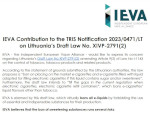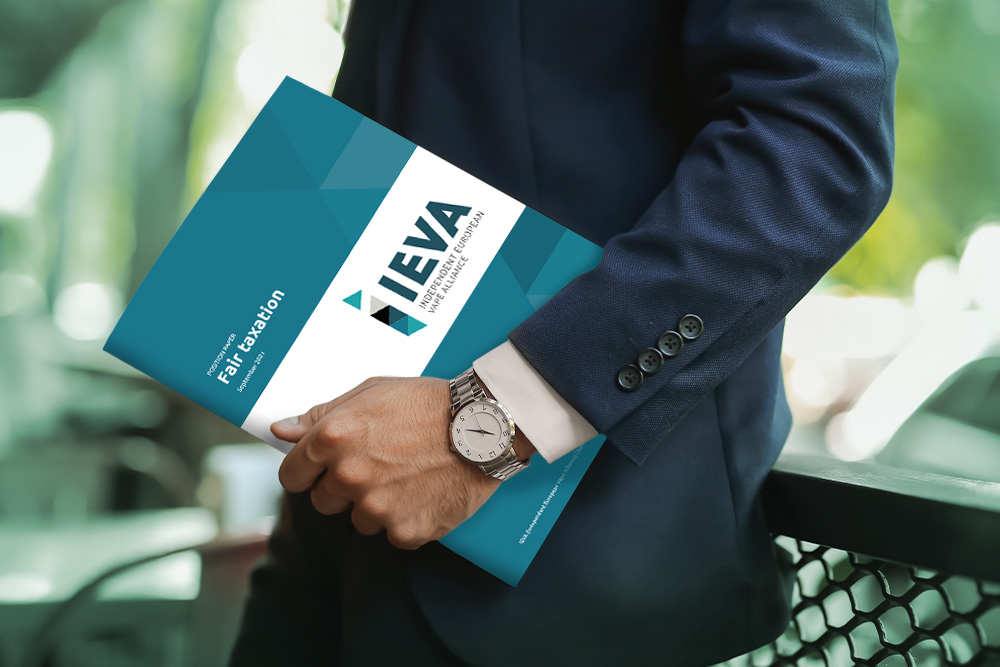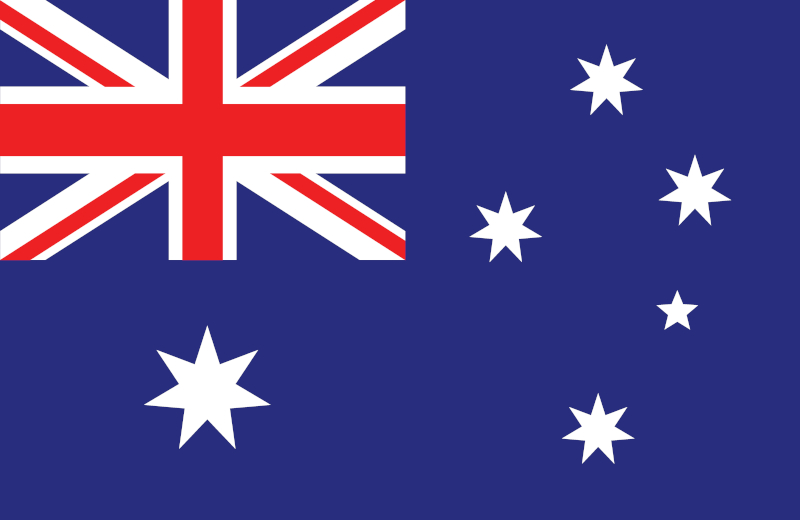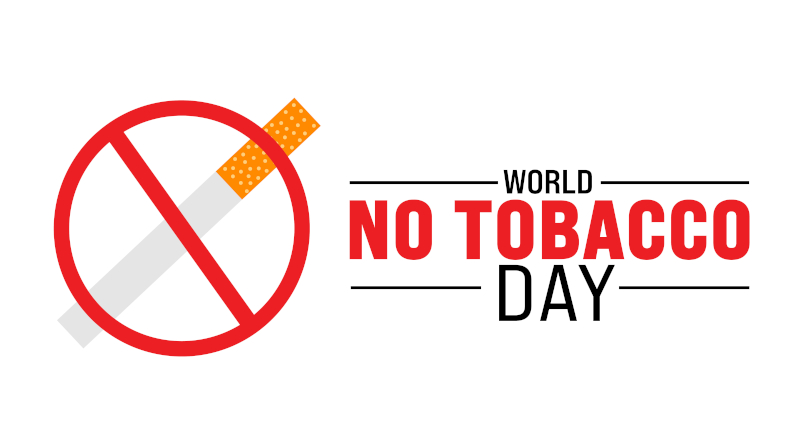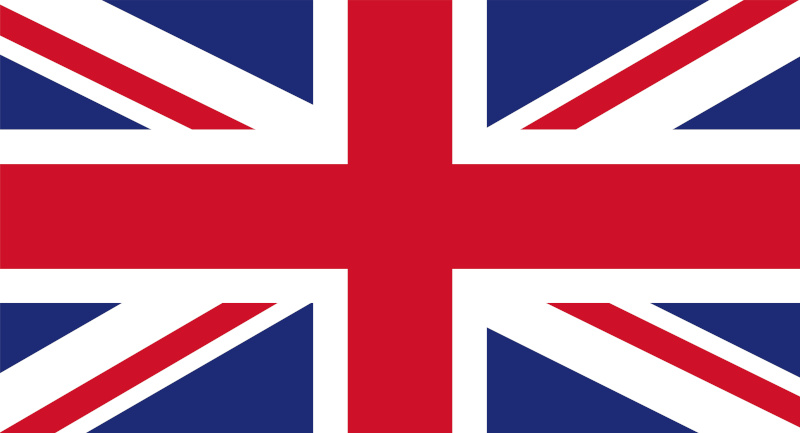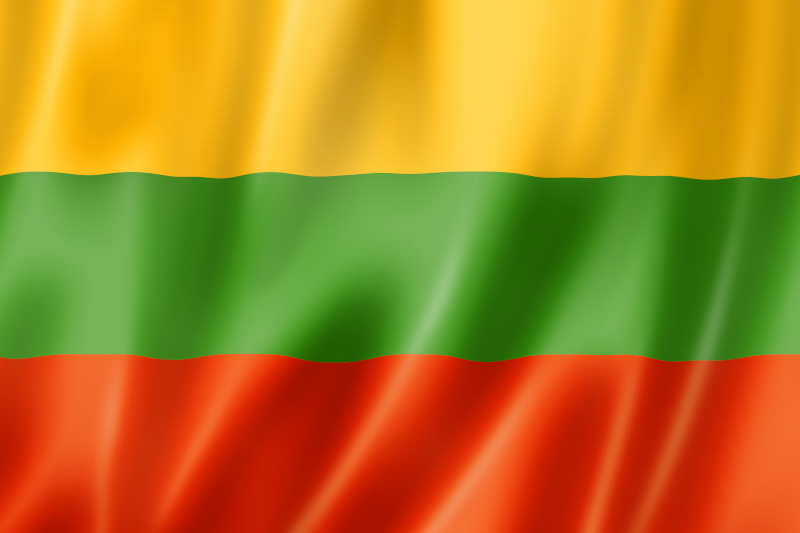
IEVA – the Independent European Vape Alliance – would like to express its concern regarding Lithuania’s Draft Law No XIVP-2791(2) amending Article 9(2) of Law No I-1143 on the control of tobacco, tobacco products and related products.
According to the statement of grounds submitted by the Lithuanian authorities, the law proposes a “ban on placing on the market e-cigarettes and e-cigarette fillers with liquid adapted for filling electronic cigarettes if this liquid contains sugar and/or sweeteners”. Furthermore, the draft law intends to “fill the gaps in the current regulation when electronic cigarettes, electronic cigarette refill containers”, which bans e-cigarettes’ liquid flavours other than tobacco.
IEVA is alarmed by this draft law, which virtually bans all e-liquids by forbidding the use of essential and indispensable substances for their production.
IEVA believes that the ban of sweetening substances runs several risks:
- The effective ban of e-liquids in the Lithuanian market will lead to a boom in black market activities with dangerous, non–compliant products;
- It will lead to a rise in smoking rates;
- It will put at risk jobs in the Lithuanian vaping industry and would lead to a reduction in government revenues by reducing tax collection.
Overall, IEVA respectfully calls on the Lithuanian authorities to refrain from the sugar and sweetener ban as it is and to re-examine it in the light of the information we provide in this contribution.
1. The sugar and sweeteners ban will severely impact the vaping industry and cause a black market boom
Currently, the vast majority of e-liquids are manufactured with substances containing sugar or sweeteners. One of the main components of e-liquids is vegetable glycerine, which is vaporised during heating. Vegetable glycerin is 100% derived from plant materials such as soya, palm or coconut oil. Due to this plant-based origin, vegetable glycerine always contains sugars in its chemical composition. Vegetable glycerol itself, which is a necessary component of the e-liquid, does not emit any characteristic smell or taste but would be prohibited if the Draft law were to be adopted.
A ban of sugar and sweeteners will not only outlaw virtually all the e-liquids currently placed on the Lithuanian market, but also restrict the range of e-liquids that can legally be created so severely that it would basically amount to full ban of e-liquids. Such a ban in Lithuania is an extreme measure that would gravely impact the vape shops SMEs in the country, threatening their very existence.
Beyond their economic consequences for both SMEs and governmental fiscal revenues, banning e-liquids will create a rise in black markets selling non-compliant and potentially dangerous products. In Estonia, the Parliament actually introduced a bill to roll back a ban on e-liquid flavours, stating that due to the use of black market products, “the health risk of consumers has increased significantly, which was until then mitigated by the mandatory laboratory control of electronic cigarette liquid established in the EU Tobacco Product Directive”.
The consequences of this ban are not consistent with the public health goals that the Lithuanian government intends to reach.
2. Sugar and sweeteners ban will lead to rising smoking rates and will threaten public health
Many independent and publicly funded studies have highlighted the harm reduction potential of e-cigarettes: a report commissioned by Public Health England found that using e-cigarettes is 95% less harmful than smoking combustible cigarettes, and a study financed by the prestigious Institut Pasteur, confirmed that vaping is significantly less carcinogenic than smoking and constitutes an acceptable replacement for traditional tobacco. Other sources pointing to the harm reduction potential in vaping can be found in studies by the Royal College of Physicians or published in the British Medical Journal. Overall, e-cigarette reduced the risk of cancer for smokers.
Vaping products also play a critical role in helping adult smokers to quit traditional tobacco. Peer reviewed studies by the American Journal of Public Health and research led by the University of Oxford highlight the smoking cessation potential of e-cigarettes. The European Parliament considered, in its report on strengthening Europe in the fight against cancer adopted in February 2022, that “electronic cigarettes could allow some smokers to progressively quit smoking”.
For these reasons, we can expect that implementing the ban of sugar and sweeteners, which amounts to a near-total ban of e-liquids, will deprive smokers of a safer alternative and lead to a rise in tobacco smoking rates. This draft law will therefore do more harm to Lithuanian public health than good.
3. The authorities do not provide evidence on the effects of sugar and sweeteners on youth uptake of vaping
Draft Law’s notification statement: “The law was drafted in order to […] reduce the attractiveness of electronic cigarettes and e-cigarette refill containers for young people.”
The draft law’s statement provides no evidence on the alleged effect of sugar and sweeteners on the attractiveness of vaping. The notification statement appears to make an unjustified link between the sugar/sweeteners and e-cigarettes’ taste, despite vegetable glycerine not emitting any characteristic aroma as explained above.
Moreover, the notification statement provides incorrect and mostly irrelevant information with regards to the draft law’s provisions. The statement mentions, for instance, that:
- “The draft law therefore proposes to extend the concept of ‘added smell or taste’ to e-cigarettes”.
- “The draft law proposes to specify in sub-statutory legal acts the specific authorised chemicals that give the flavour of tobacco to electronic cigarettes and their refill containers and to indicate the CAS numbers of these substances.”
- “[I]t is proposed to exempt electronic cigarettes and their nicotine-free refill containers from the health warning requirement.”
All of the above sentences have absolutely no relation with the Draft Law No XIVP-2791(2), which exclusively concerns the ban on sugar and sweeteners in e-liquids.
In addition, the statement “It is proposed to prohibit the placing on the market of electronic cigarettes and their refill containers with an added flavour other than that of tobacco” is incorrect, as such a ban is already applicable in Lithuania since 1 July 2022.
The draft law is devoid of any clear justification for the sugar and sweetener ban, which is therefore not an appropriate measure to reduce youth access to e-cigarettes.
4. The already restrictive e-cigarette legislation in Lithuania makes the draft law disproportionate
Lithuania has one of the strictest legislation in the EU with regards to e-cigarettes. Since 1 July 2022, e-liquids flavours other than tobacco are prohibited in the country. A licence is necessary to sell vaping products, ensuring that only compliant products can be sold in stores. Online sales, whether domestic or cross-border, are banned. In addition, another draft law (XIVP-2590(3); TRIS notification 2023/0467/LT) provides for regulations to ensure that only e-cigarette liquids complying with a specific list of substances are considered to be tobacco flavoured.
Given the restrictive e-cigarette legislation in Lithuania, the prohibition of sugar and sweeteners in e-liquid constitutes a disproportionate measure that will have disastrous consequences for Lithuanian vaping SMEs that are already complying with heavy regulations.
As a comparison, in Denmark, a country with similarly harsh e-cigarette legislation, the e-liquid flavour ban implemented in 2020 lead to an increase in the smoking rates. The Danish Health Authority highlighted that the percentage of 15-29 year-olds who smoked tobacco cigarettes went from 23% in 2020 to 25% in 2022.
This example indicates that the sugar and sweeteners ban in Lithuania may not only be ineffective in reaching the public health goals of the Lithuanian authorities, but is also likely to be counterproductive.
Conclusion
This draft law shows a lack of understanding of the technical and chemical characteristics of e-cigarettes, as well as a disregard for the catastrophic consequences for Lithuania’s public health and for the country’s vaping SMEs.
Banning sugar and sweetener chemicals, which are necessary for the manufacturing of e-liquids, will lead to a quasi-ban of e-cigarettes. It will lead to a boom in black market sales of dangerous products and to a surge of tobacco smoking by depriving smokers of a less harmful alternative. Finally, this measure, not justified by any scientific evidence, is bound to be ineffective in addressing its purported goal of limiting young people’s access to vaping.
Against this background, IEVA respectfully calls on the Lithuanian authorities to withdraw the sugar and sweeteners ban envisioned in this draft law. We encourage the Lithuanian government to adopt measures adapted to the pursued aim and based on thorough scientific evidence.
See the whole contribution here:
